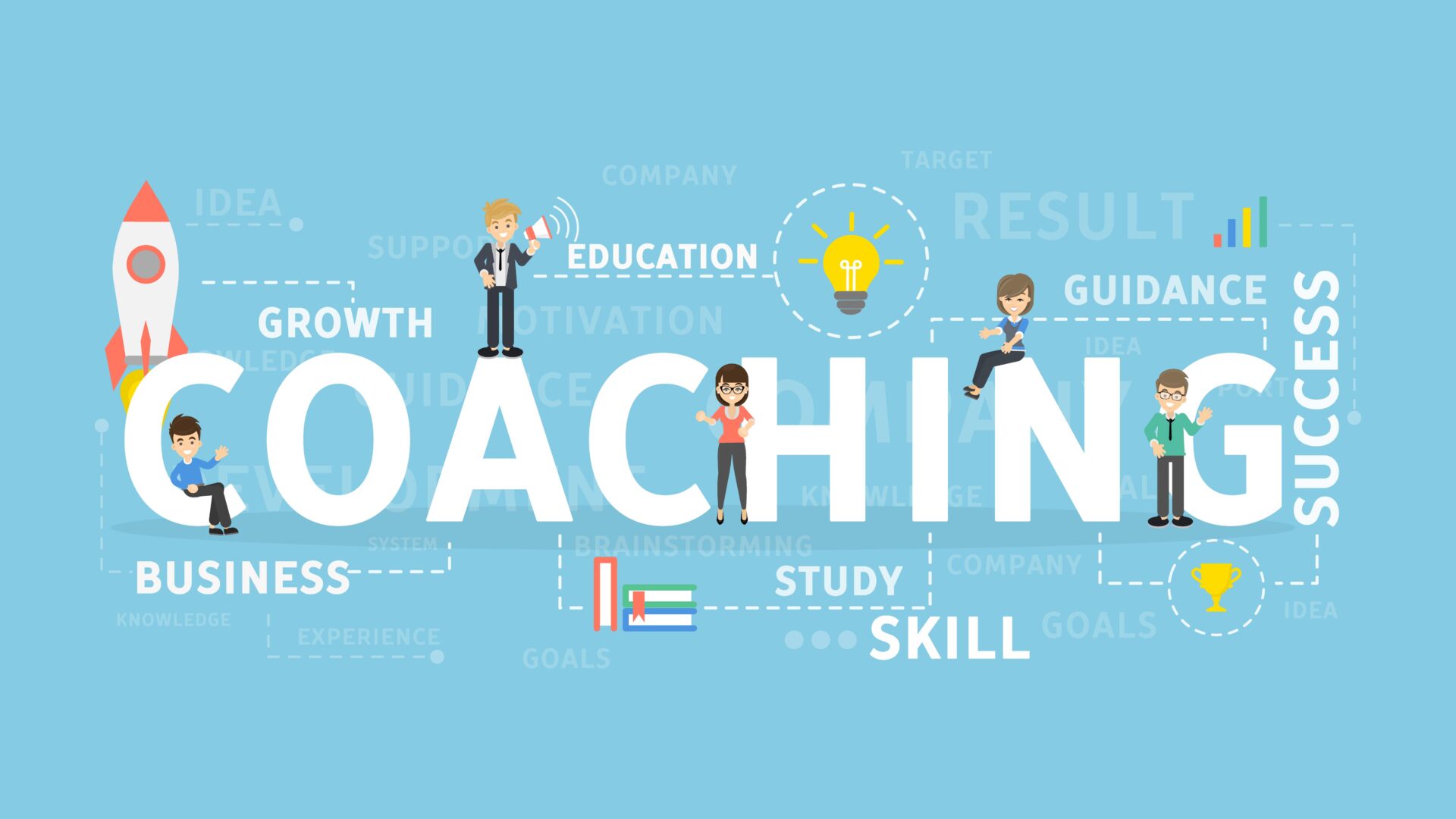
Coaching offers a unique approach to self-development by providing a supportive and structured environment for individuals to explore their aspirations and work towards achieving them. Unlike traditional teaching or mentoring, coaching focuses on facilitating the discovery of answers within oneself rather than offering direct advice. It is believed that everyone has the answer to their own needs and growth. It just needs to be explored through guided sessions. Through active listening, insightful questioning, and a non-judgmental stance, coaches help individuals tap into their own wisdom, enabling them to make informed decisions that align with their values and ambitions.
One of the key benefits of coaching is its ability to enhance self-awareness. A skilled coach guides individuals to examine their thoughts, beliefs, and behaviors, uncovering patterns that might be hindering growth. This heightened self-awareness empowers individuals to identify areas for improvement and make meaningful changes, leading to increased effectiveness and overall well-being. Moreover, coaching encourages individuals to set clear and achievable goals, fostering a sense of purpose and direction. It is also one of the best ways to develop self-confidence as when one builds a trusting relationship with themselves, they feel more empowered.

The coaching journey is marked by progress and accountability. Regular sessions with a coach provide the necessary structure to track accomplishments, reflect on setbacks, and adjust strategies accordingly. This accountability drives individuals to stay committed to their goals, even when challenges arise. Additionally, the ongoing feedback and encouragement from a coach serve as valuable motivators, helping individuals stay on course and maintain momentum. What coaching is not, however, is giving advice and direction. As individuals are meant to reflect and take responsibility for their life choices, a coach should not tell them what needs to be done. Therefore, accountability falls on both the coach and the coachee.
In the corporate world, coaching has gained traction as an essential tool for leadership development. Executives and managers benefit from coaching by refining their leadership style, enhancing communication skills, and navigating complex organizational dynamics. Coaching also supports teams in building stronger collaborations, resolving conflicts, and achieving collective goals. As organizations recognize the impact of coaching on individual and team performance, it’s becoming an integral part of their talent development strategies.

With that said, coaching has proven to be a transformative tool for self-development in both personal and professional contexts. By promoting self-awareness, setting goals, and providing ongoing support, coaching empowers individuals to take charge of their growth journey. As the demand for holistic personal development continues to rise, coaching stands out as a powerful and effective approach to unlocking human potential and achieving lasting success. Whether in the pursuit of personal goals or professional excellence, embracing coaching can lead to profound positive changes and a deeper understanding of oneself. Have you tried a coaching session yet?








